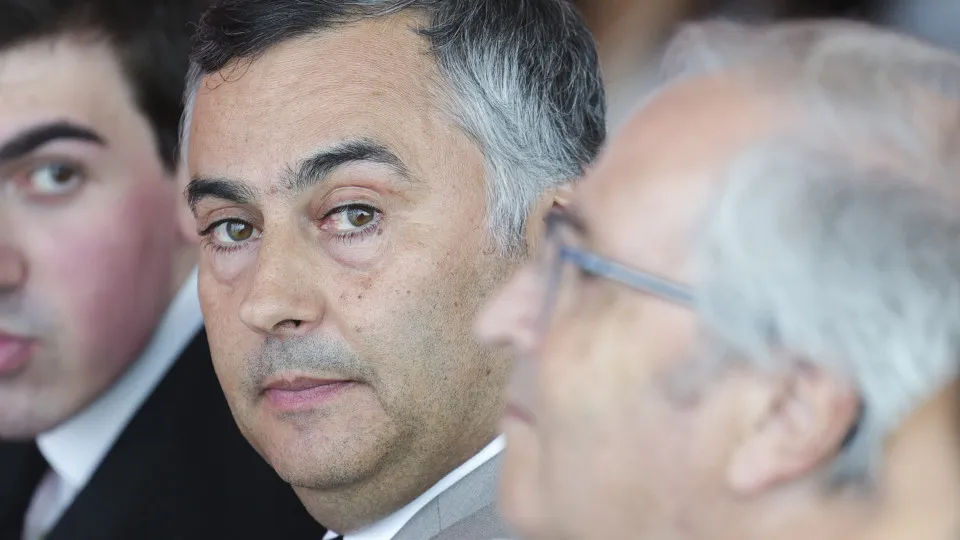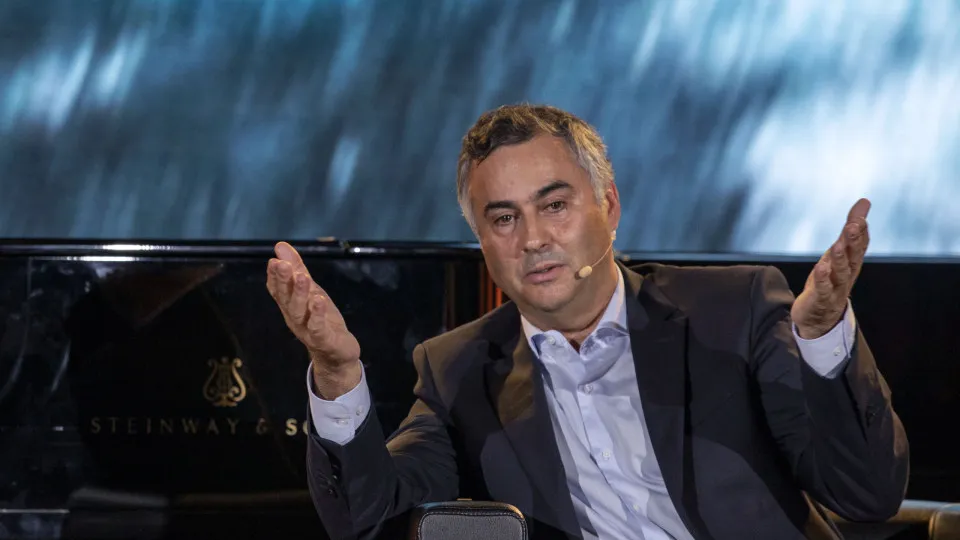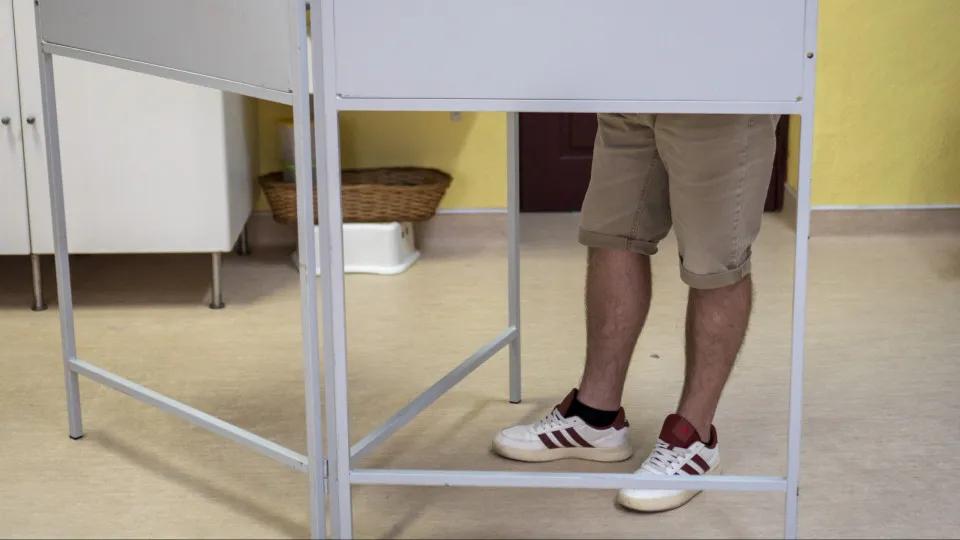
Fernando Alexandre, during his visit to the University of the Azores (UAc) and meeting with researchers, highlighted the significance of such initiatives.
“At a time when we are undergoing significant reforms, unmatched in Portugal in recent decades in this area, communication to explain our vision and what we are doing is essential,” he stated.
He added that understanding the perspectives of researchers and their concerns is crucial, as there are always ways to enhance institutions during reform processes, which is their objective.
Regarding concerns, the official highlighted issues relating to career paths, noting that changes in the status will follow the approval of the Legal Regime to be discussed next week in the Assembly of the Republic. He expressed hopes for its approval by year-end as it serves as the institutional foundation of the entire system.
Fernando Alexandre addressed natural uncertainties regarding the creation of the new Agency for Research and Innovation.
He emphasized ongoing concerns about the unique characteristics of the Autonomous Regions, especially regarding funding that must consider their specificities.
“In the case of the University of the Azores and Madeira, program contracts are being executed, yet specific challenges remain, particularly here in the University of the Azores,” he noted.
“It’s an archipelago with three campuses on three different islands, Faial, Terceira, and São Miguel. I have visited the second one, with the third visit to Faial pending. The insularity and geographic dispersion present unique management and resource challenges unlike those faced by institutions elsewhere,” he continued.
Discussing the new Agency for Research and Innovation, he clarified that the significant change involves introducing a multi-annual budget for the first time.
“This change is well-received by researchers who’ve long requested it. The five-year contractual framework enables predictability and stability absent in science funding, with a goal to reinforce such funding significantly. This is the major shift,” stated the Education Minister.
He mentioned future strategic planning, moving beyond short-term navigation towards medium and long-term plans, subject to public discussions, politically decided, and implemented by an independent, accountable agency.
When asked if the Azores’ specificities would be considered in the new Agency’s funding, he reiterated that science funding would follow international best practices, asserting UAc’s readiness.
“The distinction lies – as already implemented through a program contract that needs enhancement – in acknowledging the higher costs institutions on an archipelago face compared to those on the mainland,” he admitted.
UAc Rector Susana Mira Leal emphasized that in the new university funding model, discussions should aim to find the most suitable model to address identified shortcomings, forming the basis for improvement proposals.
“Higher education institutions and the national scientific system, with their myriad agents, should partake in discussions to identify optimal solutions. Additionally, models should be periodically evaluated and adjusted according to needs, recognizing that no model is perfect,” she affirmed.




